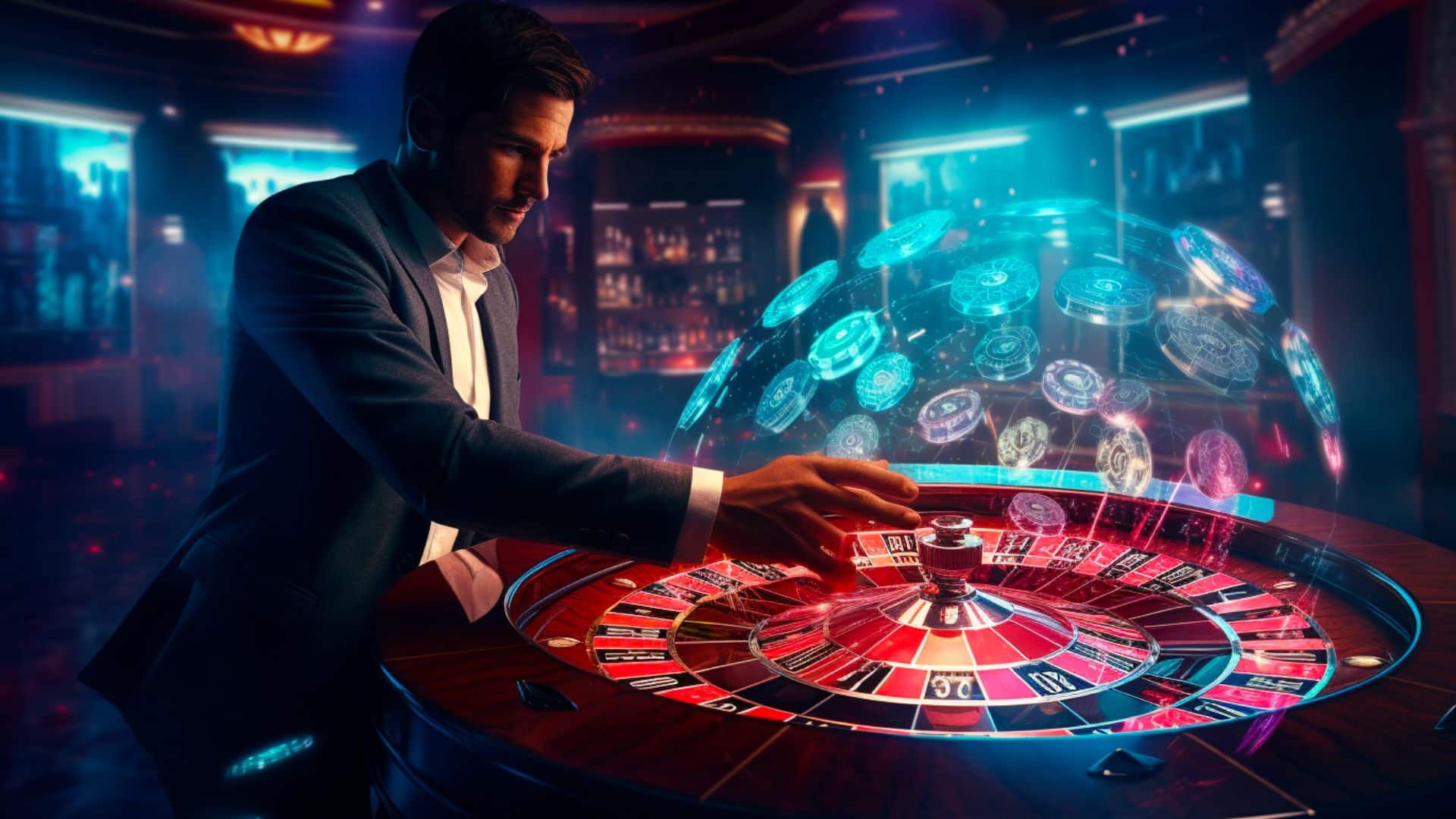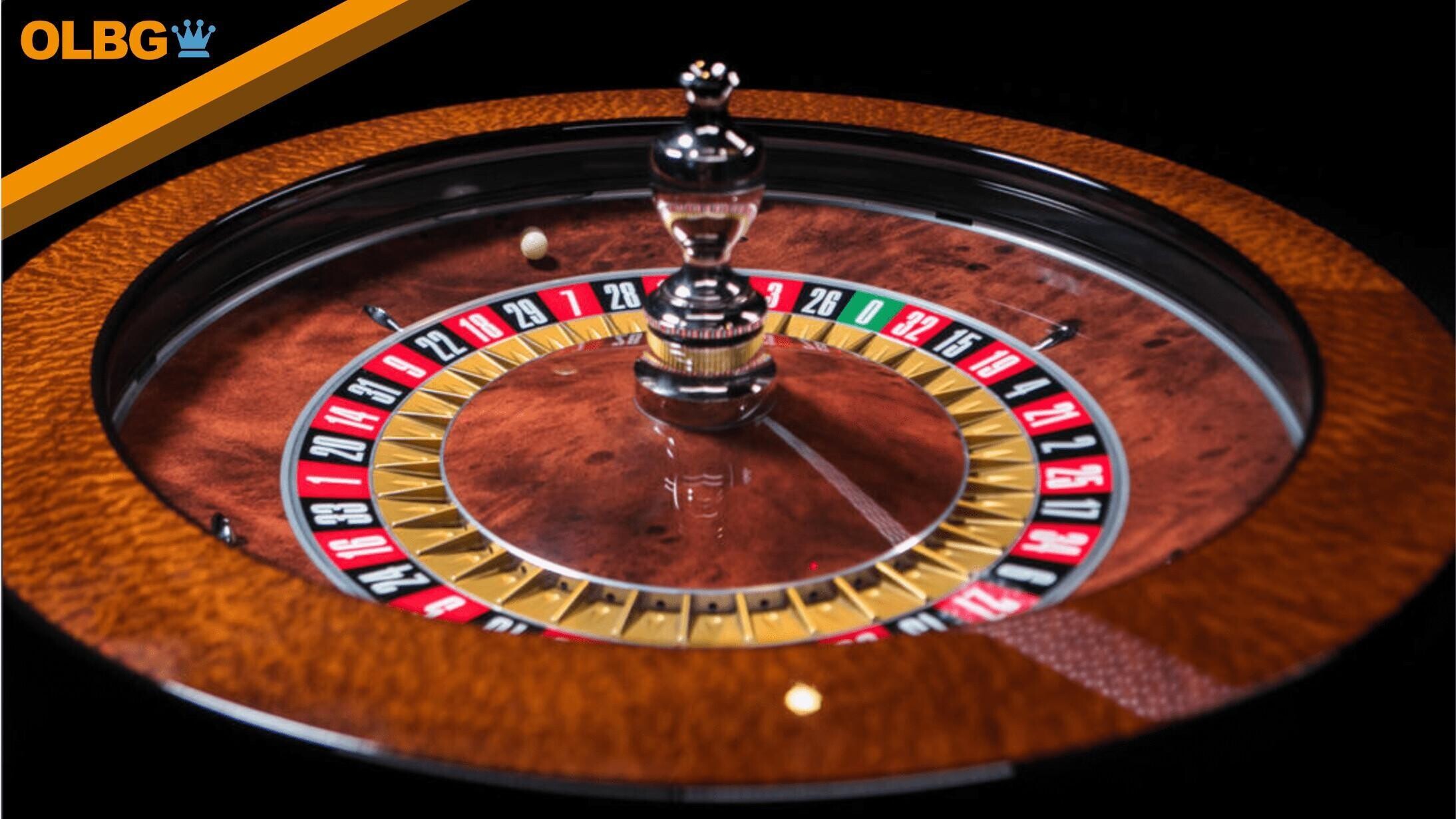Roulette’s been around since the 18th century—plenty of time for myths to take root. Some sound logical, others are downright bizarre. But here’s the deal: believing them can cost you money. Let’s bust these myths wide open.
Myth #1: “The Wheel Has a Memory”
Ever heard someone say, “Black’s hit five times in a row—red’s due next!”? That’s the gambler’s fallacy in action. Truth is, each spin’s independent. The wheel doesn’t remember past results. A ball landing on black 10 times in a row doesn’t make red more likely on spin 11. It’s like flipping a coin—past flips don’t change the 50/50 odds.
Myth #2: “Betting Systems Guarantee Wins”
Martingale, Fibonacci, D’Alembert—fancy names, same flaw. These systems promise to “beat” roulette by adjusting bets after losses. But here’s the catch:
- They ignore the house edge: That green zero (or double zero) means the casino always has an advantage.
- Table limits exist: Eventually, you’ll hit a max bet or run out of money before a “win” recoups losses.
- Variance kills: A bad streak can wipe you out fast.
Sure, systems can make short sessions exciting—but they don’t change the math.
Myth #3: “Cold and Hot Numbers Are Real”
Casinos love displaying “hot” numbers (frequent recent winners) and “cold” ones (long absent). It’s theater. Statistically, every number has the same odds on every spin. Think of it like lottery numbers: just because 7 hasn’t been drawn in weeks doesn’t mean it’s “due.”
Why This Myth Persists
Humans crave patterns—even in randomness. We remember streaks because they feel significant. But roulette’s randomness is, well, random.
Myth #4: “You Can Predict the Wheel’s Behavior”
Some swear by “wheel bias”—claiming physical imperfections make certain numbers more likely. Back in the 1960s, a few wheels were rigged or worn. Modern casinos? Not so much. Wheels are precision-engineered and regularly maintained. Even if a tiny bias existed, spotting it would require tracking thousands of spins—and casinos would fix it fast.
Myth #5: “Online Roulette Is Rigged”
Reputable online casinos use RNGs (Random Number Generators) audited by third parties. Could shady sites cheat? Sure. But licensed platforms? No incentive—they profit from the house edge already. If you’re paranoid, stick to licensed casinos with provably fair tech.
Red Flags for Rigged Games
- No licensing info
- Overly frequent “miracle” wins for the house
- No third-party audits
Myth #6: “European Roulette Is Always Better”
European wheels (single zero) do have a lower house edge (2.7%) vs. American wheels (5.26%). But “always better” depends:
| Factor | European | American |
| House Edge | 2.7% | 5.26% |
| En Prison Rule | Sometimes | Never |
| Availability | Less common in U.S. | Widely available |
If you’re in Vegas and only American wheels exist, waiting for European might mean missing fun. Know the odds—but don’t obsess.
Myth #7: “Dealers Control Where the Ball Lands”
Hollywood loves the “dealer with a secret skill” trope. Reality? Even if a dealer tried, physics makes it near-impossible to predict where a tiny ball lands on a spinning wheel. And honestly—dealers don’t care. They’re paid hourly, not based on your losses.
Myth #8: “Roulette Is Pure Luck—No Strategy Exists”
Okay, this one’s half-true. You can’t “beat” roulette mathematically. But strategy isn’t just about winning—it’s about managing risk. For example:
- Bankroll management: Set loss limits before playing.
- Bet selection: Outside bets (red/black, odd/even) have better odds but lower payouts.
- Quitting while ahead: No system guarantees wins, but discipline preserves profits.
Final Spin: The Truth About Roulette
Roulette’s charm is its simplicity—and its randomness. Believing myths might make the game feel controllable, but that’s an illusion. Play for fun, respect the odds, and remember: the house always has an edge. And that’s okay—because nobody plays roulette to get rich. They play for the thrill of the spin.




